The Importance of Last-Minute Revision in 10th Grade
For many students, the phrase last minute revision class 10 rings true, especially as exam dates loom closer. There’s undeniable value in going over learned material, ensuring everything is understood and retained.
Effective Planning and Scheduling for Last-Minute Revision
In the crucial days leading up to exams, one of the most frequent dilemmas students face is how to effectively manage their revision time. While the phrase last minute revision class 10 might suggest a hurried, chaotic process, it doesn’t have to be that way. With meticulous planning and scheduling, even these final hours can be used productively.
The first step? Drafting a time table of study. Many students ask about the study time table of toppers. While it’s tempting to copy that, it’s essential to craft a schedule that suits your pace. Remember, it’s all about how to revise for exams effectively and not just about revising for exams. This doesn’t just mean randomly allocating subjects to various days, but understanding which subjects or topics you’re weak in and dedicating more time to them.
Another essential aspect is to prioritize. Decide which topics are absolutely crucial and which ones you can afford to skim. While it’s tempting to try and cram everything, remember the adage: quality over quantity. It’s better to have a thorough understanding of fewer topics than a shallow grasp of many.
Lastly, ensure to intersperse study periods with short breaks. These provide a mental breather, ensuring you return to your books with refreshed focus and energy.
Utilizing Study Aids and Resources for Quick Revision
When it comes to last-minute revision, having the right tools and materials can make all the difference. Don’t overlook the class 10 science notes and other subject-specific resources available. These concise summaries, often highlighting the crux of the topic, can help streamline the revision process. Using such aids ensures you not only cover all necessary points but also know how to revise effectively.
In addition to standard class notes, it’s beneficial to consult mind mapping ideas for students. Mind maps can quickly help in visualizing complex concepts and relationships between different ideas, making them an excellent tool for subjects that require understanding intricate details.
Another vital resource is the class 10 previous year question paper. Analyzing these gives insight into the exam pattern and types of questions repeatedly asked. Moreover, taking a “mock test for 10th class” or any other “mock test class 10” can familiarize students with the exam environment, timing, and pressure. This practice ensures that there are no surprises on the actual exam day.
Furthermore, technology has made revision more interactive and fun. There are countless online platforms and apps that offer quizzes, flashcards, and video lessons tailored for last-minute revision. So, diversify your resources and find the combination that suits you best for effective revision.
Subject-Specific Revision Techniques for 10th Grade
Every subject in the 10th grade curriculum has its unique nuances and demands. Recognizing these variations and tailoring your revision strategy can significantly enhance retention and understanding. Each subject has its essence, and the key lies in decoding that essence to make your revision more targeted and efficient.
For instance, subjects like history and civics heavily rely on dates, events, and factual data. Here, using techniques such as storytelling or creating a timeline can help in retaining sequences and understanding the bigger picture. In contrast, subjects like mathematics require rigorous practice. To master it, practicing with class 10 previous year question paper is invaluable, as it provides a clear picture of the problem-solving techniques you need to adopt.
Science, on the other hand, is multifaceted. While certain topics need a theoretical approach, others might be best understood through diagrams or practical applications. This is where class 10 science notes come into play, offering concise points and essential diagrams for quick revision.
Moreover, for subjects requiring conceptual clarity, like economics or literature, mind mapping ideas for students can be a game-changer. Mind maps break down complex topics into understandable chunks, helping visualize connections and hierarchies within the content.
To wrap up, understanding the unique demands of each subject and adopting subject-specific revision techniques can drastically improve the effectiveness of your 10th-grade revision.
Note taking tips for grade 10 students
Mind Maps and Visual Aids for Quick Recall
Mind maps have long been celebrated as a dynamic learning tool, especially when it comes to last-minute revision. A mind map is essentially a visual representation of information, branching out from a central idea and expanding into related subtopics. This structure mirrors how our brain organizes and processes information, making it a potent strategy for those pondering on how to improve memory and concentration.
Creating mind maps can drastically enhance how you retain and recall crucial details. Breaking down complex chapters into concise, interconnected nodes can make vast syllabuses seem more manageable. Additionally, incorporating colors, symbols, and illustrations not only make the mind map visually appealing but also aids in differentiating and emphasizing crucial points.
For visual learners, this method is invaluable. It enables them to leverage their natural inclination towards visual information, fostering better retention. Moreover, during those crucial hours before the exam, a quick glance at a well-structured mind map can refresh months of study material, proving its efficacy in facilitating quick recall.
Active Recall and Self-Testing Strategies
Active recall and self-testing are powerful learning strategies that go beyond passive reading. Instead of simply reviewing notes or textbooks, actively engage with the material by testing your knowledge. For example, you can use mock test class 10 and class 10 previous year question papers as valuable resources. These tools allow you to challenge yourself, recall information, and identify areas of weakness effectively. By attempting practice tests, you simulate exam conditions and assess your grasp of the subject matter.
Active recall not only enhances memory retention but also strengthens your understanding of the topic. It promotes critical thinking and problem-solving skills, which are crucial for academic success. Embracing these strategies can transform your study habits, making them more efficient and productive. Ultimately, by actively testing your knowledge, you can pinpoint areas that require further attention and tailor your study efforts for better results
Overcoming Last-Minute Exam Stress and Anxiety
Feeling anxiety before an exam is entirely natural, but there are strategies to help you manage and reduce this stress. First, consider deep breathing exercises as a powerful tool to calm your nerves. Inhale deeply for a count of four, hold for four, and exhale for a count of four. This simple practice can help alleviate anxiety and bring a sense of relaxation.
Positive affirmations are another effective technique. Remind yourself of your preparation and capabilities through positive self-talk. Embrace phrases like I am well-prepared and I can handle this. This can boost your confidence and shift your mindset in a positive direction.
Short breaks during study sessions can also contribute to stress reduction. Taking a moment to stretch, walk around, or engage in a quick mindfulness exercise can refresh your mind and prevent burnout. Additionally, maintaining a healthy lifestyle with a balanced diet, adequate sleep, and regular physical activity can reduce overall stress levels.
Effective time management is crucial. Create a study schedule, prioritize topics, and allocate time wisely. Avoid last-minute cramming, which can exacerbate anxiety. Instead, focus on regular practice tests and mock exams to become more comfortable with the exam format and reduce anxiety.
Visualization is another powerful technique. Picture yourself successfully completing the exam. This mental rehearsal can boost your confidence and reduce anxiety. Reach out for support when needed, whether it’s through conversations with friends, family, or a counselor. Sharing your concerns can provide emotional relief.
Remember, some stress is normal and can even enhance performance. Stay positive, focus on the present moment, and trust in your abilities. However, if anxiety persists and significantly interferes with your exam performance, don’t hesitate to seek professional help from a therapist or counselor. Your mental well-being is essential, and there’s no shame in seeking assistance when needed.
Reviewing and Retaining Information in 10th Grade
In the 10th grade, the key to successful revision isn’t merely reading the material but actively retaining it. The effectiveness of your revision hinges on engagement and active techniques. To ensure you remember what you’ve studied, consider the following strategies:
- Note-Taking: Summarize key points, create concise notes, or make flashcards. This process of condensing information enhances your understanding and retention.
- Practice Tests: Regularly take practice tests and quizzes to simulate exam conditions. This not only assesses your knowledge but also reinforces memory recall.
- Teaching Others: Explaining concepts to a friend or family member can reinforce your understanding and help you remember details better.
- Visual Aids: Use diagrams, charts, and mind maps to represent information visually. Visual aids can make complex topics more digestible and memorable.
- Active Recall: Instead of passive reading, actively recall information from memory. Quiz yourself on key concepts to reinforce your understanding.
- Interleaved Practice: Mix up topics and subjects during revision. This technique challenges your brain to switch between concepts, making retention more effective.
- Regular Review: Don’t cram; space out your revision over time. Revisiting material periodically helps cement it in your long-term memory.
- Mindfulness and Health: Maintain a healthy lifestyle with adequate sleep, exercise, and a balanced diet. This supports optimal brain function and memory retention.
Remember, the more actively and creatively you engage with your revision, the better you’ll remember and understand the material. Active learning techniques not only help you perform well in exams but also equip you with valuable lifelong skills for effective learning and retention.
In conclusion, last-minute revision is an art that can be mastered with the right strategies, dedication, and resources. As you navigate through the final stages of your 10th-grade preparation, remember that quality trumps quantity. At Deeksha, we believe in empowering students with the tools and knowledge to excel. If you’ve found these tips useful, don’t forget to explore the specially crafted resources for 10th graders on our website. As you look forward to your next educational journey post-10th grade, consider Deeksha’s integrated coaching with PU, designed meticulously to guide you in cracking competitive exams like IIT-JEE, NEET, KCET, and more. Here’s to your success and a future filled with opportunities!




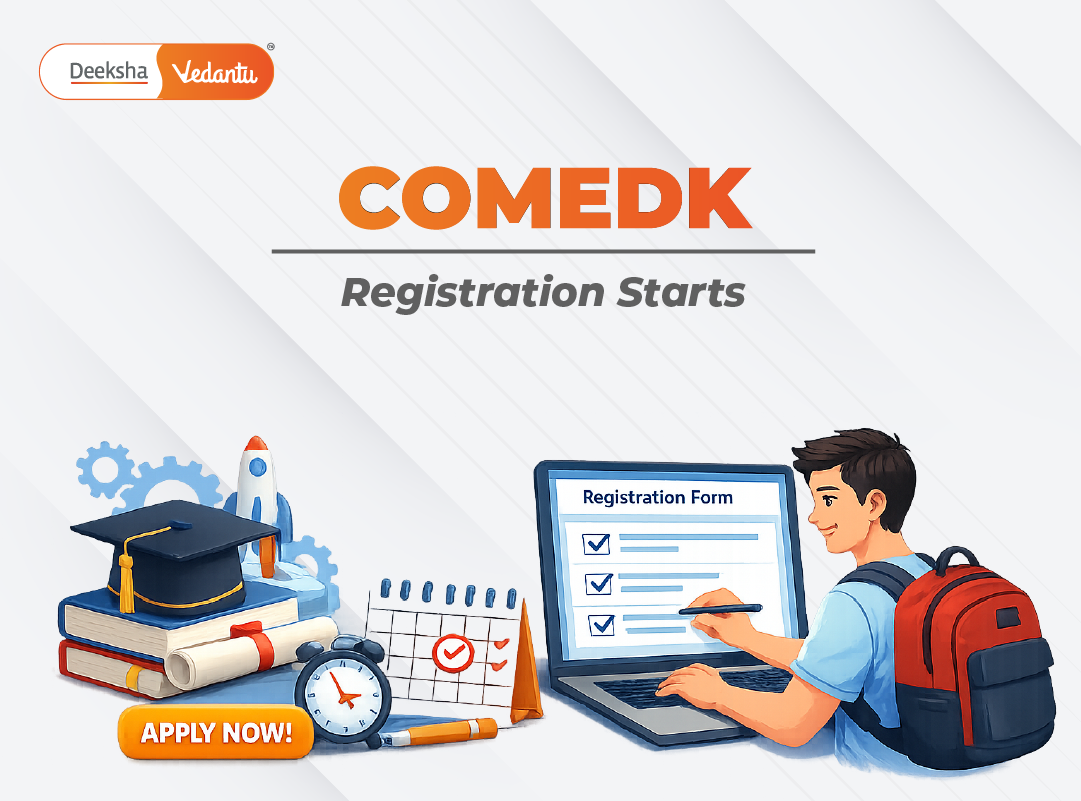
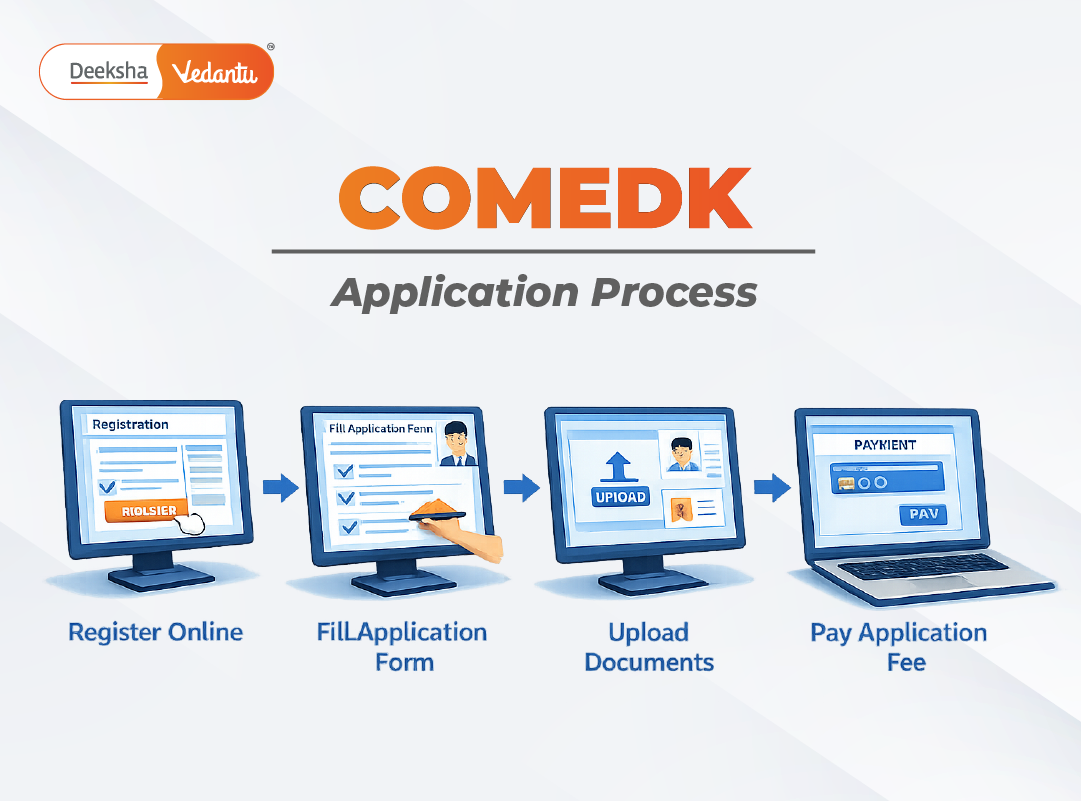
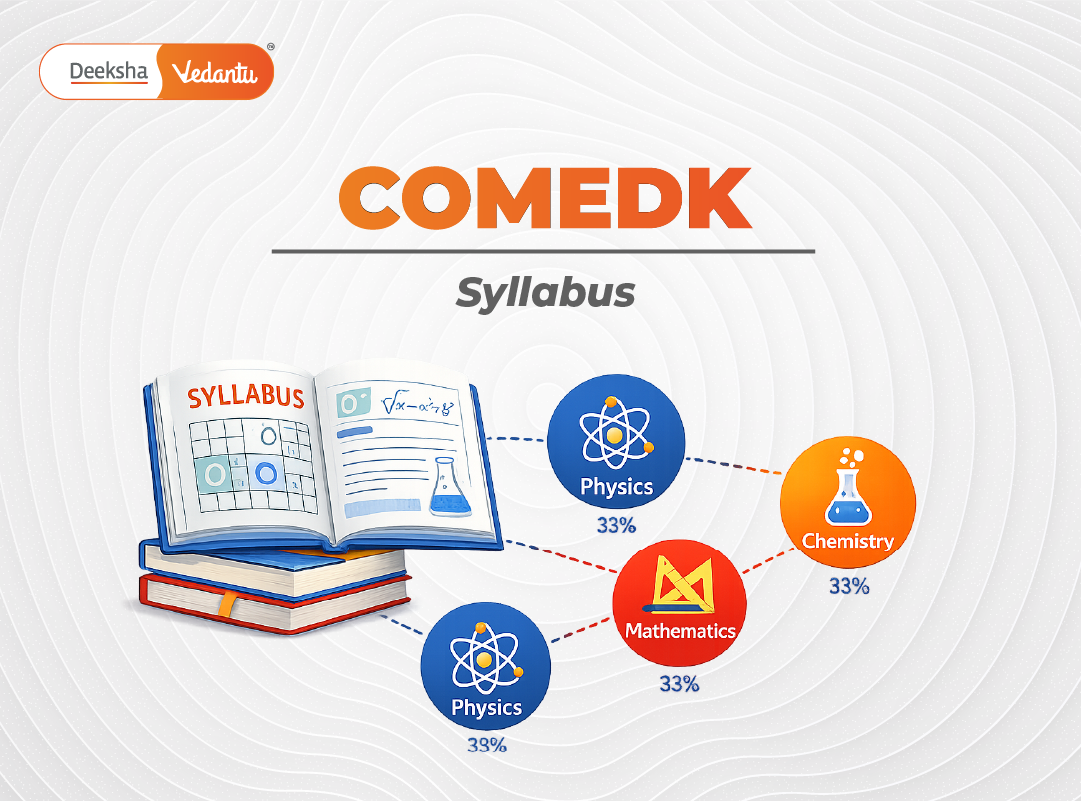
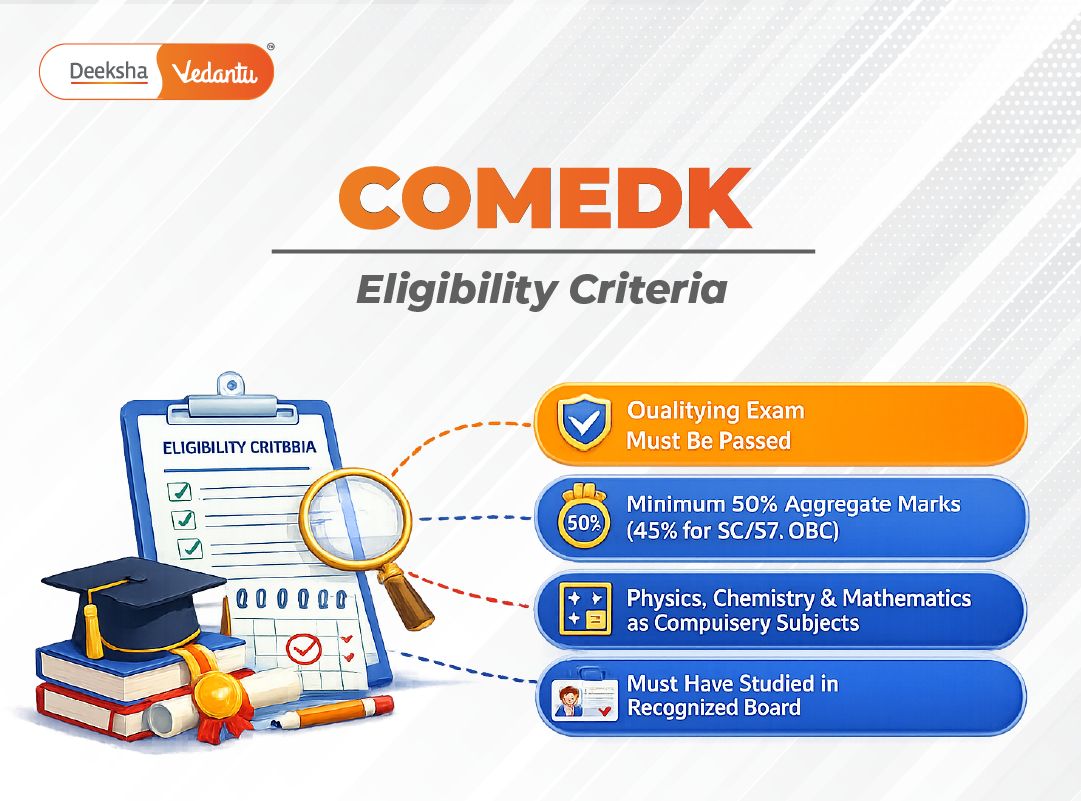
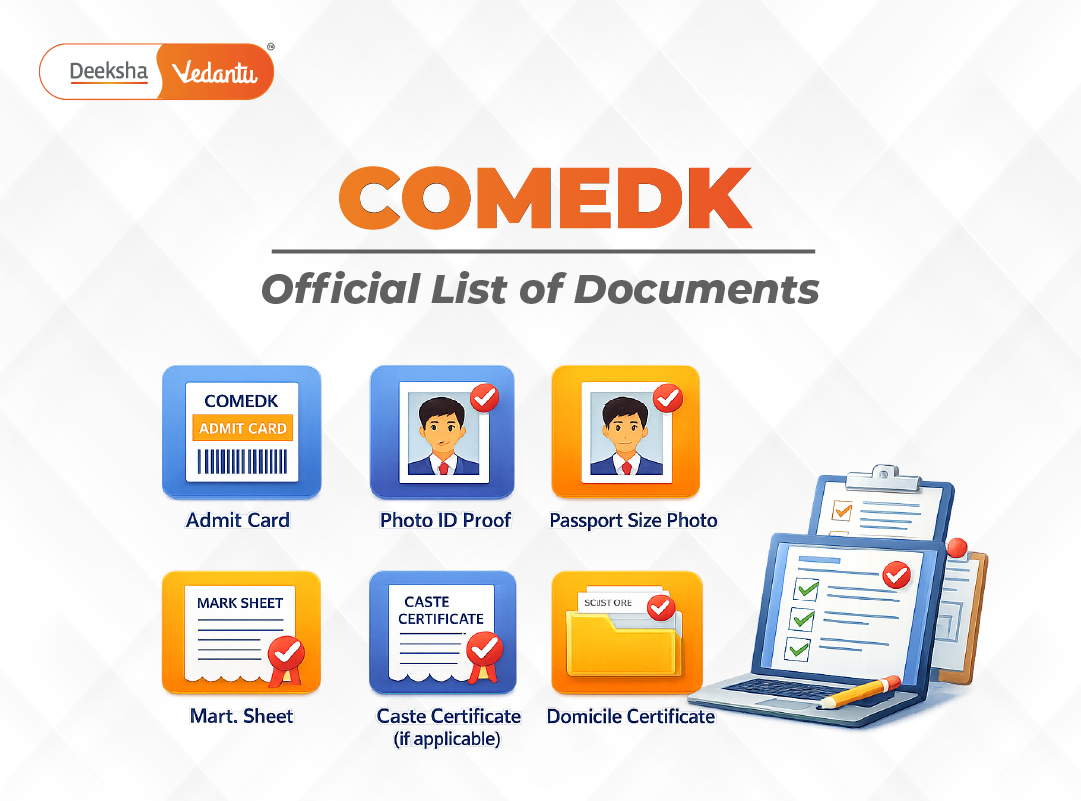
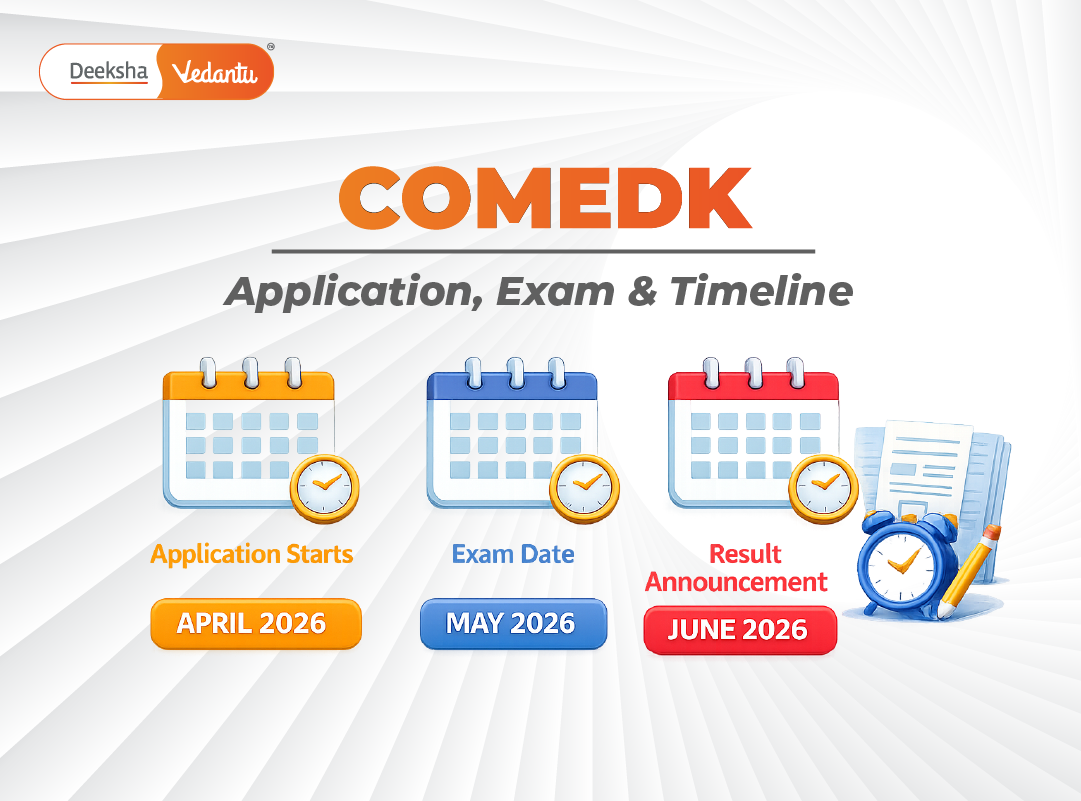
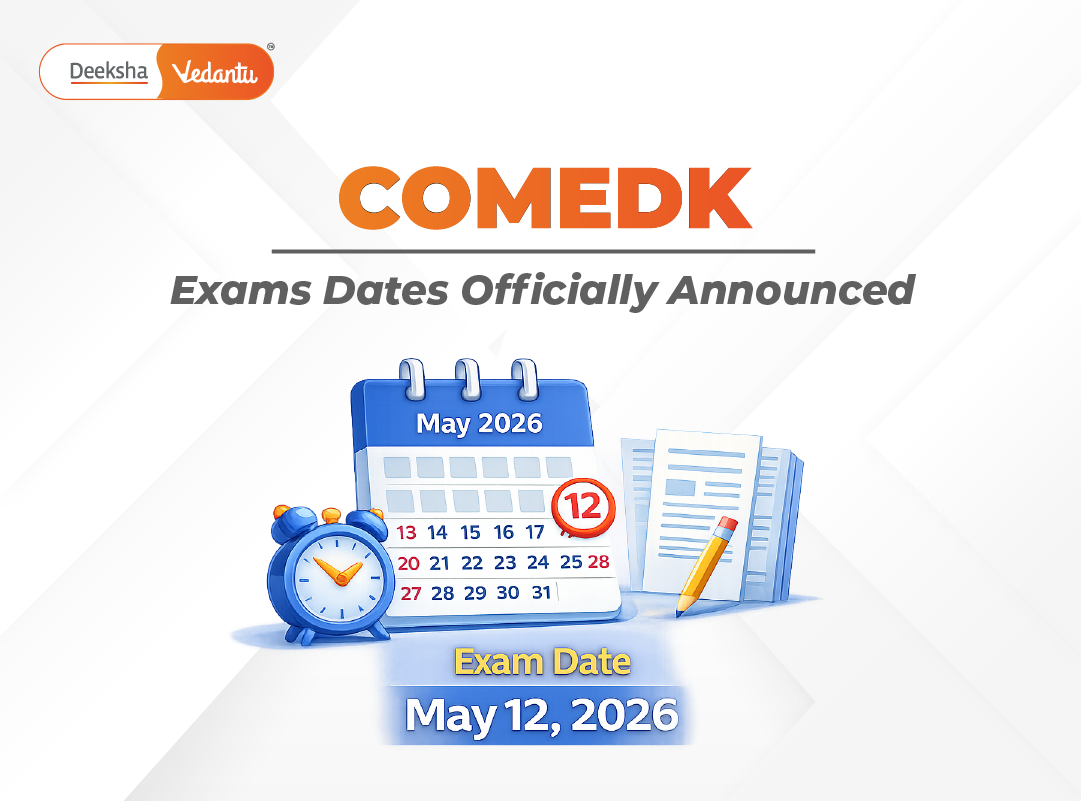
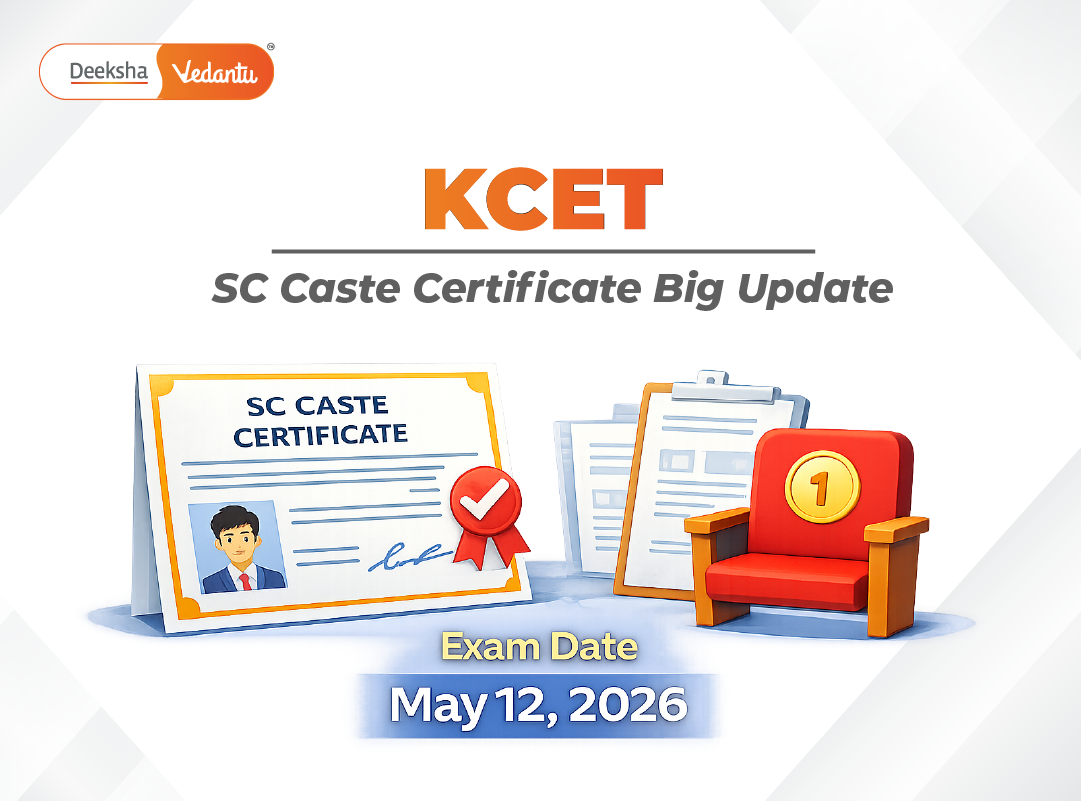


Get Social